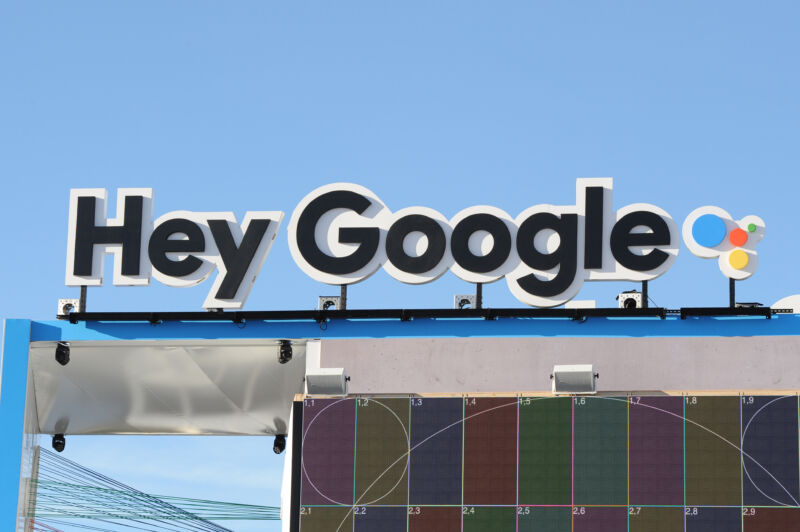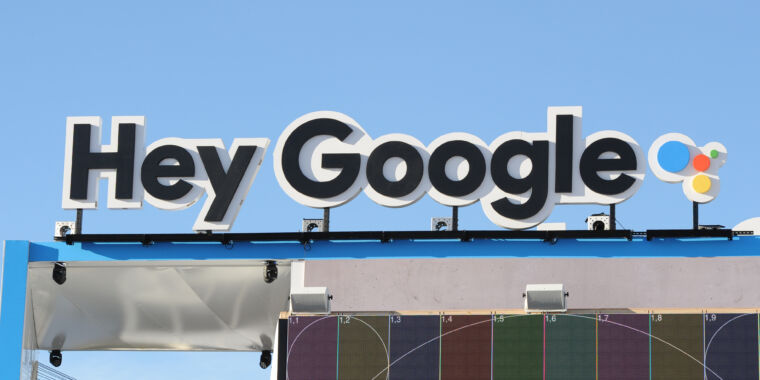
The deprioritized Google Assistant loses yet another feature. This time, Google is killing support for third-party notes integration. Popular Android note-taking app AnyList announced the change, saying that “Google will end integration of Google Assistant Notes & Lists for non-Google apps on June 20, 2023.” Google’s support page has since been updated, confirming that “as of June 20, Google Assistant notes and lists will no longer work with non-Google list apps.”
One of the best Assistant commands lets you dictate notes directly into the voice system so you can create reminders, shopping lists, or just new regular notes. Exactly where these banknotes end up has been a point of contention over the years. They ended up in Google Keep anyway, but then Google blew up that functionality in 2017, forcing all store notes to “Google Express,” Google’s Amazon Prime competitor. As someone who often used the shopping list for groceries, it was kind of silly to link it to an online store that I had no intention of ever using. Even if you didn’t mind the change, which essentially turned your notes into an ad for Google’s shopping site, the note-taking features got a major downgrade, moving from the fully featured Google Keep app to the barely available web app. Google Express app.
In 2019, presumably after forced Google Express integration failed to improve service numbers, Google Assistant got another note-taking revamp, this time allowing users to choose any note-taking app they wanted from the Assistant settings. Google Keep, Any.do, AnyList and Bring were all available at launch, and the Assistant seamlessly dumped your notes into your favorite app and allowed you to update them with your voice. It was a great system, but that’s going to disappear now too. Google tells 9to5Google that Google Keep will continue to work — it’s seemingly plugged into the same system as third parties — but all those third-party apps will be cut off.
Google Assistant has been around for about seven years and seems to have fallen out of favor with Google. The last hardware release of a Google Assistant smart screen or speaker was two years ago, making it eight hardware releases in five years. In the past year, we’ve seen the Google Assistant’s driving mode and the Assistant’s web duplex turned off. The Assistant was removed from new hardware items in the Nest Wi-Fi and FitBit lines, and after losing a patent case against Sonos, Assistant speakers were stripped of group volume control. Android Auto builds of Google’s Waze shipped without Google Assistant support, and third-party Wear OS watches seem to no longer support the voice assistant. Google Assistant speakers and third-party smart displays have also recently been killed.
The core problem here is that the Assistant costs a lot of money to run, the hardware is sold at cost to compete with Amazon, and the Assistant doesn’t immediately generate revenue. If you don’t have a powerful executive looking at the wider ecosystem effects of having a good voice assistant, it’s easy to justify stopping the project. We don’t have a lot of direct numbers from Google, but Amazon is in exactly the same boat and Alexa is losing $10 billion a year. With the future of voice assistants looking shaky at these Big Tech companies, the hope is that the open source projects like Home Assistant will pick up the slack.
A report from CNBC says the assistant team has been reassigned to work on Google’s ChatGPT competitor, Bard. Another from The Information says Google plans to “invest less in the development of its Google Assistant voice-assisted search for cars and devices not made by Google,” which would certainly fit with what we’re seeing on Wear OS. If Google wants to make the Assistant a voice app for Google hardware only, it’s not a strong sales pitch to constantly strip it of features and reduce performance. The Assistant’s original point was that it was an “ambient computing” interface that was available everywhere.

